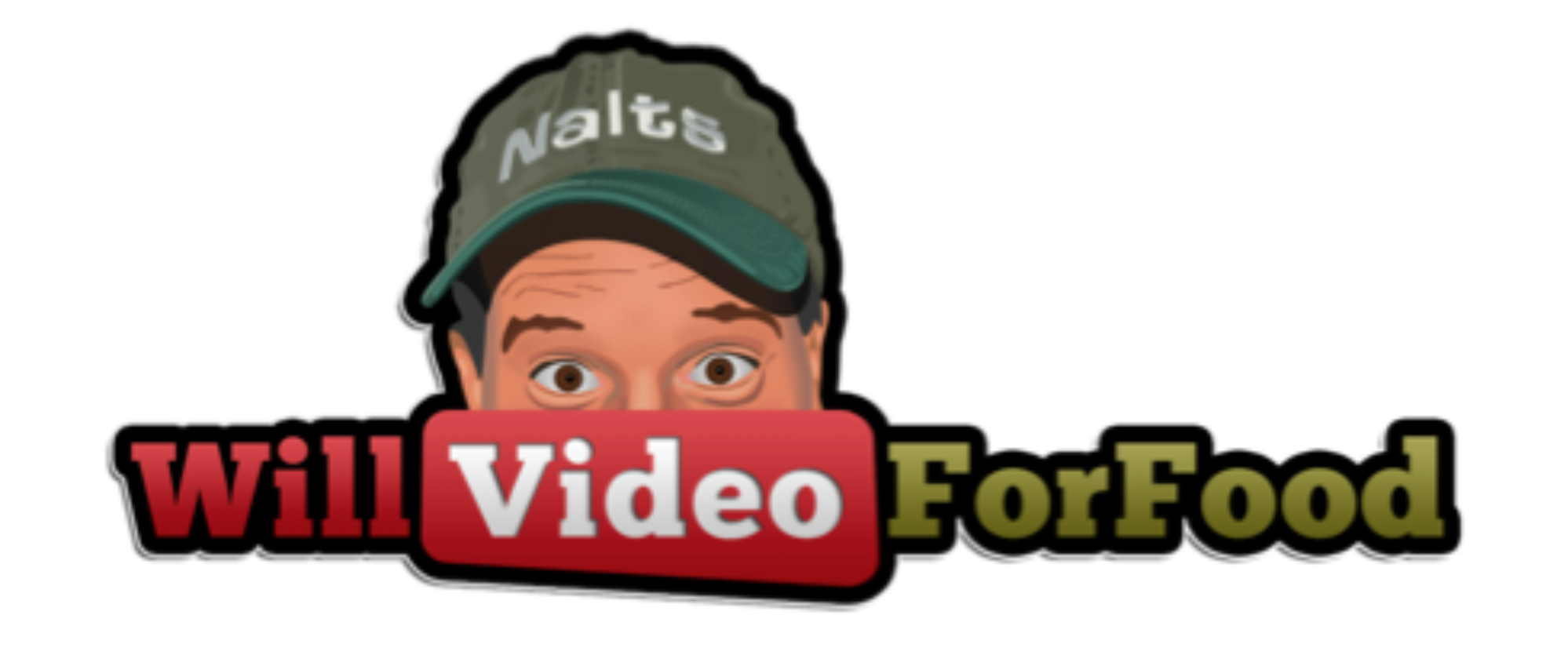What Are the Early Tech Adopters Doing Now Online?
I’ve been writing a bit about currated content, and now I remember when this caught my attention. Daisy Whitney reports on Hitwise’s Bill Tancer (author of Click) and how he answers the question:
What are the people who were early adopters of Facebook, Twitter and YouTube doing NOW?
Hitwise tracks tens of millions of people via ISP data, and could identify a collection of those who were early to social media. By watching their recent ISP data, we can fairly accurately predict the next big thing. I’ve searched but can’t find the information about this that Tancer provided at the iMedia Connections event in Vegas.
But if you’re interested in whether Twitter has a future and should worry about Facebook, Tancer puts that question to an end.

I’m not sure I trust the implicit assumptions for Hitwise’s statistical models. Hitwise doesn’t suffer from the same self-selection bias as Alexa, but they don’t seem to as transparent about their data analysis. The numbers they provide should be taken with a large grain of salt.
That’s not to say that their data are worthless. I just have a general distrust of real-world statistics.
Interesting question, I’ll tweet when I come up with something.
I thought something was wrong with my screen, than realized it was a snow effect. I was happy it went away for a few seconds, but then it came back. Please kill the snow man (see what I did there)… it is distracting because your eyes want to follow those damn white dots!
I’m going to post the same comment here that I did there:
Comparing Facebook and Twitter is comparing apples and oranges. Facebook is profiles, information, scheduling, and organization. Twitter is conversation.
They are not in competition with one another, no matter how much people want them to be.
I would also wonder if Tancer has a stake in Facebook. He is going purely off twitter.com traffic and not including API numbers from what I’m looking at – and if I’m not mistaken the API number are considerably higher as the majority of their base use Twitter on a mobile device.
The problem with Daisy Whitney’s video is that the subtext indicates that she herself is trying to predict too far into the future to be useful for the world of rapidly changing technology.
As she’s reporting on Bill Tancer’s early-adopter sites for 2010, she’s wearing a T-shirt with a monkey samurai carrying on its back the flag of its liege warlord: the English word “chicken” (in the katakana syllabary). This standard new-media shorthand shows she’s editorializing that the hot new sites in 2016 (the next Year of the Monkey) will be based in Japan, followed by a return to America-based sites in 2017 (the Year of the Rooster).
I want to know more about next year. If only someone in the media would give a hint about the way 2010 will fare by saying something about a Tiger. Will the pendulum of luck swing to subpar for Tiger? Or is Tiger the swinger?
@5 (Peter Coffin)
I thought Facebook was coming out with its own Twitter-like app soon, which would mean Facebook hopes not to have an uphill battle to supplant Twitter. Also, Facebook wants to be at the center of the entire online existence of its members as a walled community, so it’s in competition with everyone.
Speaking as someone who has only dipped a toe into Twitter, I wonder if the mid-2009 decline is because Twitter seems so complicated when you go beyond the basics. It looks like you need ten outside apps and twenty outside sites to get the most out of it.
Facebook, on the other hand, is full of its own apps, and the third-party apps drive data or drivel to you–rather than act as a means of posting to the site (e.g., Tweetie for Twitter) or finding other posters (the Twinternet* of related blended-name sites).
*Naturally, someone has registered this domain name.
[The Facebook pun above was unintended, but see if you notice it.]
I have the flu and my ass is leaking. The vomiting sees to have come to a stop though.
@9 you’ve got swine flu.
I don’t know why anyone uses facebook, anything you say or do is being sold and you don’t get a say how your information is used.
Facebook has given me the local connections I couldn’t get ANYwhere else online.
Twitter has given me an interesting way to just talk to a lot of random people about whatever I want to. It’s pretty much ADHD in text form in a good way.
Also, I’ve learned a lot of news via Twitter both significantly faster than other mediums and – in some cases – news “they don’t want you to hear.”
I think if you asked someone “what is life?” Peter, you’d get the same answer as if you’d asked them “what is Twitter?”
@13
And when the grid goes down, all those twitterheads will be lost & lifeless.